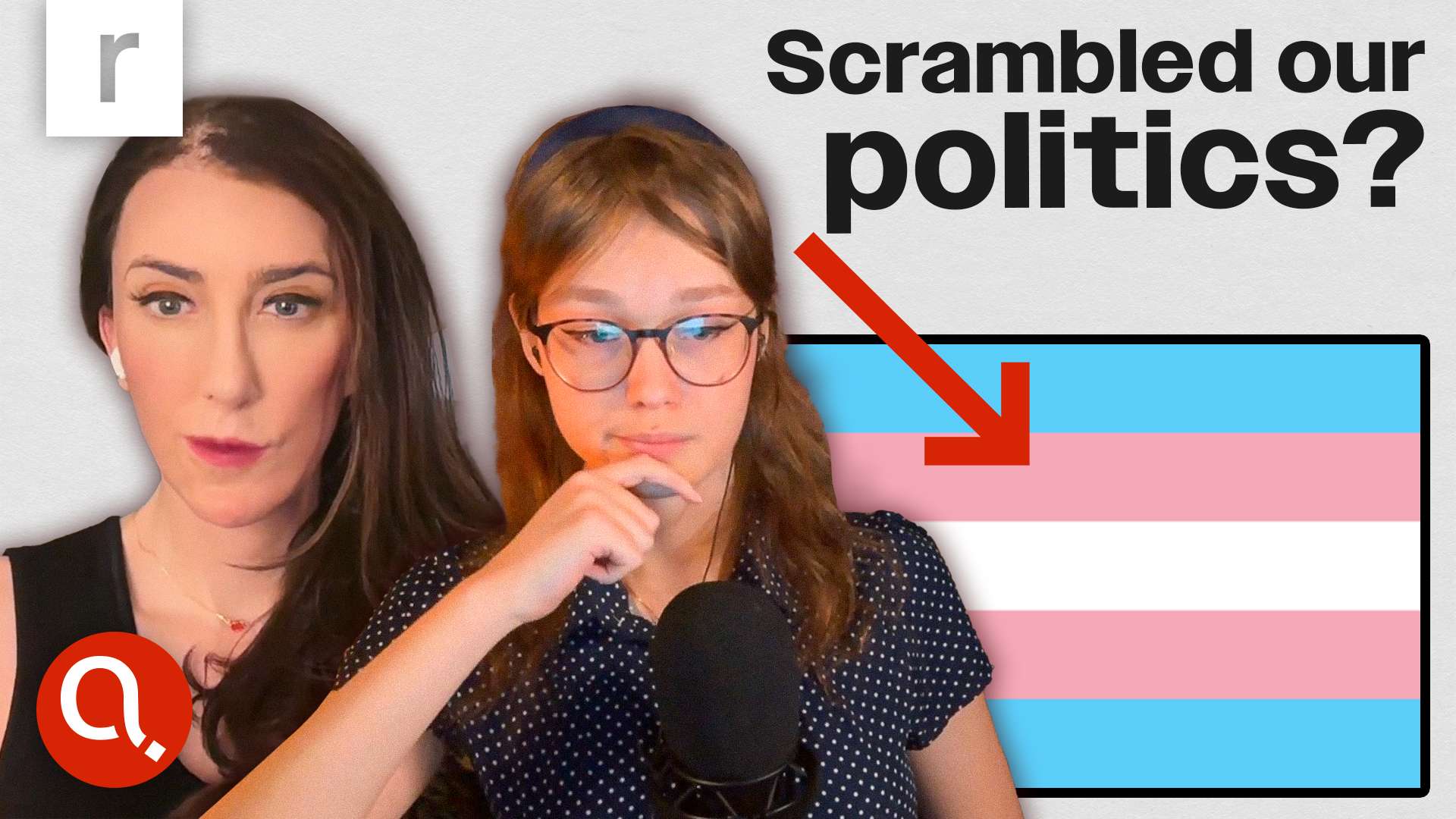The Impact of Transgender Issues on Contemporary Political Discourse
The evolving landscape of transgender rights in America presents a complex interplay of societal perceptions, political strategies, and individual experiences. While a relatively small percentage of the adult population identifies as transgender, the growing number of transgender youth has brought the issue into sharper focus, making it a surprisingly potent political lever, particularly during the 2020 presidential election cycle. Despite not being a top-tier issue for most voters, the Trump campaign invested heavily in advertisements attacking Vice President Kamala Harris’s stance on transgender issues. This targeted messaging, while seemingly focused on a niche topic, demonstrably influenced voter behavior, raising crucial questions about the efficacy and ethics of such tactics, and how Democrats and trans advocates should respond. The conversation surrounding transgender rights necessitates a nuanced approach, avoiding the extremes of both staunch advocacy and outright dismissal, as exemplified by the insights offered by Brianna Wu and TafTaj, co-hosts of the Dollcast.
Wu and TafTaj’s perspective emphasizes finding common ground and navigating the often-polarized discourse surrounding transgender issues. They advocate for a middle path that avoids the pitfalls of what they perceive as excessive zeal within both the trans activist and gender-critical movements. Their show seeks to foster understanding and bridge the divide through open and honest conversations. The effectiveness of the Trump campaign’s targeted advertising highlights the susceptibility of voters to carefully crafted messaging, even on issues they don’t prioritize. This raises concerns about the potential for manipulation and exploitation, as campaigns can strategically leverage wedge issues to sway public opinion and electoral outcomes. The discussion also delves into the complexities of non-binary identity and the scientific understanding of gender, acknowledging the evolving nature of scientific research and the importance of incorporating lived experiences into the conversation.
Wu and TafTaj’s own personal journeys provide invaluable context to their perspectives. Wu’s evolution from Gamergate involvement to progressive political activism, coupled with TafTaj’s experiences as a streamer and commentator, offers a unique blend of personal experiences and political engagement. Their shared platform encourages dialogue and promotes a deeper understanding of the various perspectives surrounding transgender rights. The debate surrounding youth gender dysphoria, particularly in light of the Cass Review in the UK, underscores the importance of responsible and evidence-based approaches to medical care and social support for transgender youth. The role of insurance companies in covering gender-affirming care raises ethical questions about access and affordability, prompting consideration of alternative models and libertarian perspectives.
The rapid pace of technological advancement further complicates the conversation, introducing new dimensions to gender identity and expression. These advancements necessitate ongoing dialogue and adaptation within social, political, and legal frameworks. To navigate these complex issues effectively, individuals and policymakers must engage in thoughtful and informed discussions, seeking to understand the diverse perspectives and experiences within the transgender community and beyond. This includes critically evaluating the information presented by various sources, avoiding the pitfalls of misinformation and political manipulation. Wu and TafTaj’s approach exemplifies the importance of nuanced dialogue, promoting a more informed and empathetic public discourse that can contribute to finding common ground and fostering a more inclusive and understanding society.
The analysis of the Trump campaign’s ad strategy reveals the effectiveness of targeted messaging in influencing voter behavior. The significant shift in voter preference, even among those who did not consider transgender issues a primary concern, demonstrates the power of political advertising and the potential for exploiting societal biases. This raises questions about the ethical implications of such tactics and the need for greater transparency in political advertising. Moreover, the success of this strategy highlights the need for Democrats and trans advocates to develop more effective counter-narratives and communication strategies to address misinformation and engage voters on these issues. The discussion on non-binary identity and science emphasizes the importance of ongoing research and open dialogue. As scientific understanding evolves, it is crucial to incorporate lived experiences and perspectives to foster a more comprehensive understanding of gender identity.
Wu and TafTaj’s personal stories offer valuable insights into the complexities of navigating the political landscape as transgender individuals. Their experiences highlight the challenges and opportunities presented by public advocacy and the importance of fostering inclusive spaces for diverse voices. The conversation about youth gender dysphoria underscores the need for sensitive and evidence-based approaches to care and support for transgender youth. Balancing the rights of individuals with the concerns of parents and healthcare professionals requires ongoing dialogue and collaboration to ensure the well-being and autonomy of young people. The debate surrounding insurance coverage for gender-affirming care highlights the broader issue of access to healthcare and the role of government and private industry in ensuring equitable access. Exploring libertarian perspectives adds another dimension to the conversation, prompting consideration of alternative models and the balance between individual liberty and societal responsibility.
The rapid pace of technological change further complicates the landscape, introducing new possibilities and challenges related to gender identity and expression. Navigating these advancements requires ongoing dialogue and adaptation within social, legal, and political frameworks. The conclusion emphasizes the importance of asking critical questions and engaging in informed discussions to foster a more nuanced understanding of transgender issues. Promoting empathy, challenging assumptions, and seeking common ground are essential for fostering a more inclusive and just society. Wu and TafTaj’s work exemplifies the power of open dialogue and the potential for bridging divides through respectful communication and shared understanding. Their approach encourages a more informed and compassionate public discourse, contributing to a more inclusive and just society. By engaging in thoughtful conversations and seeking common ground, we can create a more inclusive and equitable society for all.
Share this content:












Post Comment